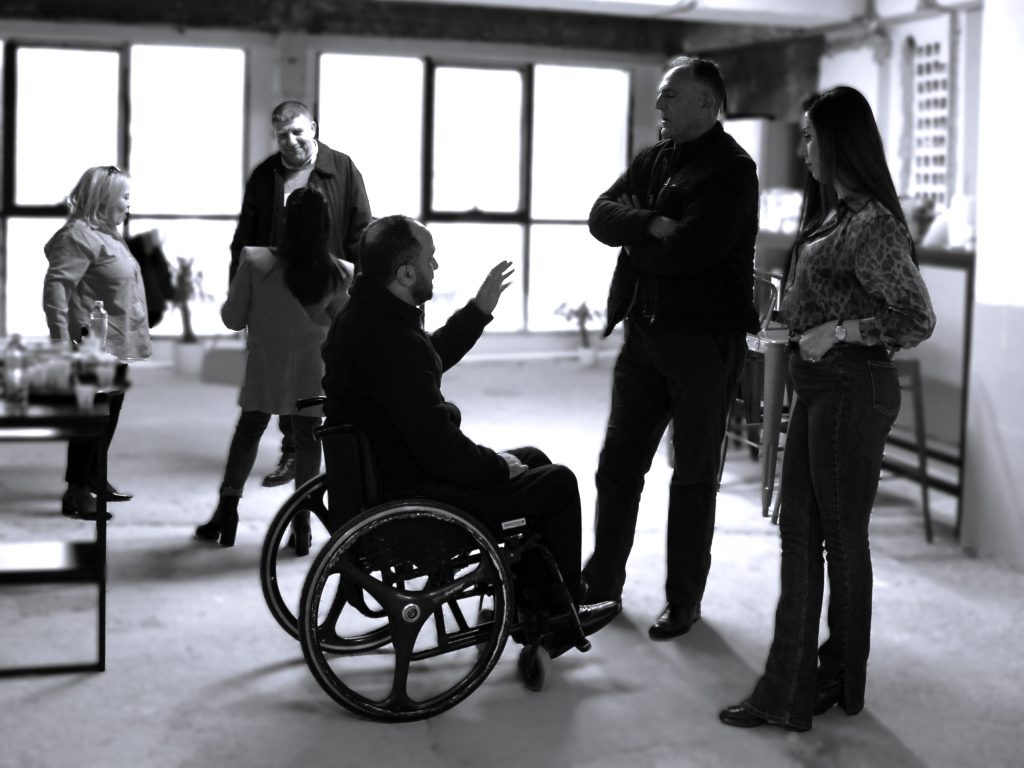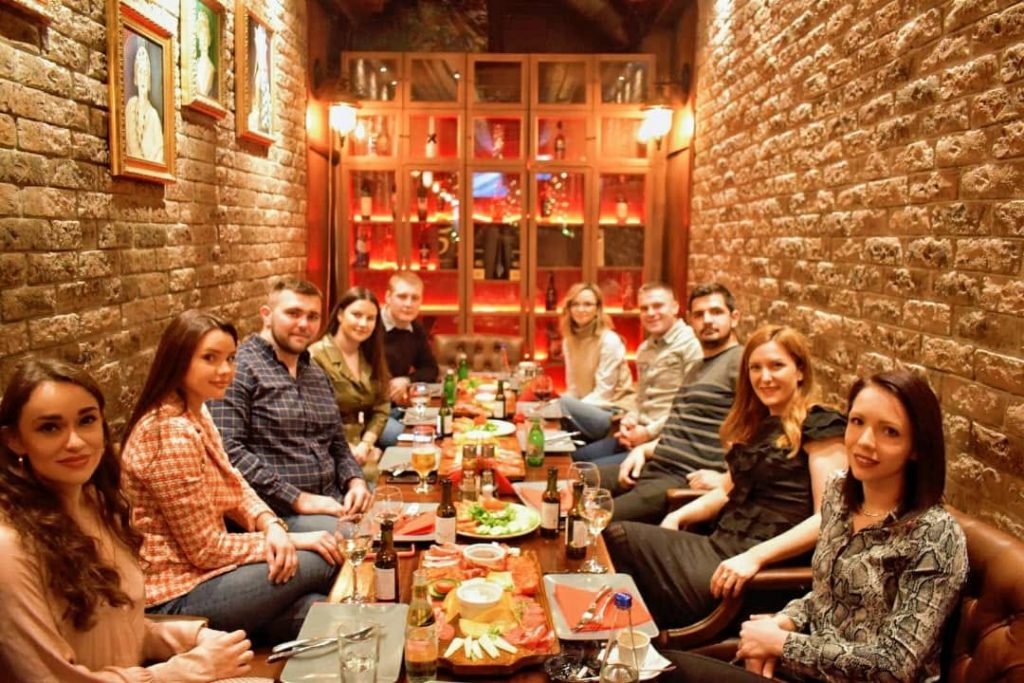The Kosovo Inclusive Network (KIN), a coalition of organizations from non-majority communities dedicated to protecting the rights of people with disabilities (PwD) in Kosovo, was introduced yesterday at the Barabar Center in Pristina.
The coalition, composed of five NGOs: CASA and Factor from Mitrovica, the Union of the Blind from Gracanica, Primo la Tolleranza from Strpce, and Handikos from Ranilug, will strive to address the problems and challenges faced by one of the most vulnerable groups of people in Kosovo.
The Executive director of the NGO CASA, Miodrag Marinković, emphasizes that the organization that leads the coalition plays a central role in enhancing operational capacities, facilitating access to funds, and improving the visibility of coalition members.
“People with disabilities are facing discrimination, stereotypes, stigmatization, and difficulties in accessing services because their needs are broad and diverse. However, when we talk about persons with disabilities from the Serbian community, we add a whole new set of problems that are characteristic of them, i.e., for us as a non-majority community. There are problems with the duality of institutions, problems with obtaining necessary documentation, problems with access to information due to language and freedom of movement,” Marinković points out.
According to Mikica Đurić, Deputy Director of Handikos in Ranilug, the collaboration of organizations is essential to provide persons with disabilities with necessary institutional protection, and thus improve their living standards.
“In our local self-government in Ranilug, there’s no employed person with disabilities, unfortunately, not even in private companies operating in our municipality,” Đurić points out.
Deputy Director of the NGO Primo la Tolleranza from Strpce, Snežana Savić, states that the whole idea behind the coalition is to help those who need it most. According to her, there are no personal assistant services in this place, and there is no inclusion, which leads to human rights violations.
The Kosovo Inclusive Network is also supported by the Director of Handikos Kosovo, Afrim Maliqi. He emphasizes that human rights know no boundaries, religion, or ethnic aspect, and therefore considers this coalition important.
“The importance of networking and creating a coalition amplifies the voices of persons with disabilities as they will collaborate better, and direct problems towards institutions. Today, persons with limited abilities receive support through individual pensions which are not sufficient for their monthly needs,” concludes Maliqi.
Responding to questions from a large number of present citizens, members of governmental institutions, non-governmental and international organizations, as well as the media, coalition representatives spoke about the difficult economic situation of persons with disabilities and believe that the solution lies in employing these individuals in the private sector.
The establishment of the Kosovo Inclusive Network was funded by the Canadian Embassy in Kosovo as part of the CFLI program.



